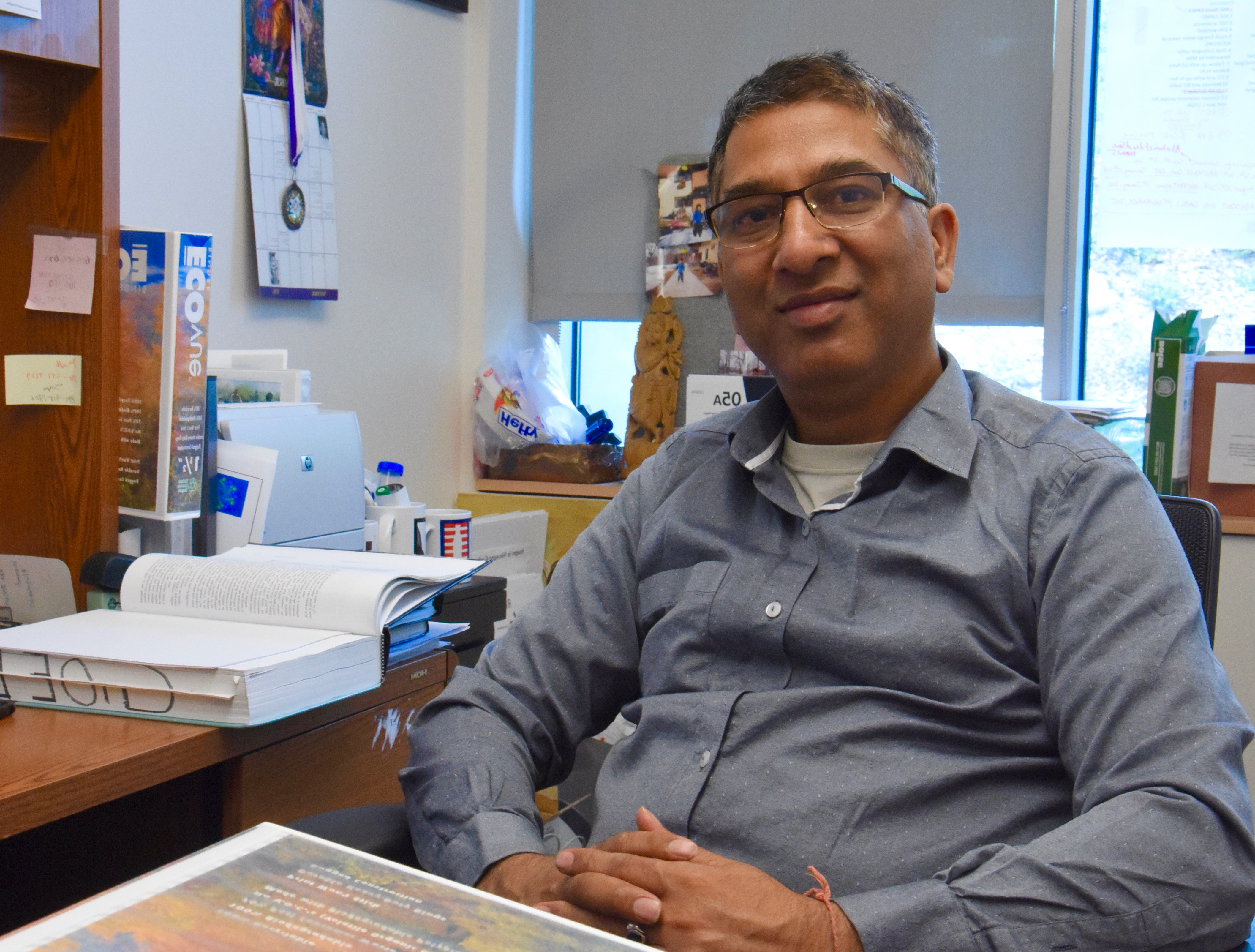
One of the greatest advancements in modern medicine was the development of antibiotic drugs. These medicines have saved millions of lives by creating an effective treatment for fighting off bacterial infections. The problem is these once “miracle” drugs are becoming less effective as strains of bacteria are growing resistant.

University of Utah Professor Ramesh Goel is dedicating himself to helping solve this problem. Growing up in India in the 1970s, Professor Goel was inspired by the depiction of engineers in the Bollywood movies whose expertise enabled them to solve very real and life-threatening challenges facing local communities. He went on to get a Masters Degree in Civil Engineering from Jadavpur University, and a Ph.D in Environmental Engineering from the University of South Carolina. Today he directs the University of Utah’s Water Lab, whose research focuses on environmental pathogens, microbiology, and the process engineering of surface water systems. With the support of a grant from USAID in 2015, his lab began researching new methods of detecting and controlling antibiotic resistant bacteria in water.
“The problem is many places, especially in the developing regions of Africa and Asia, antibiotics are readily available and not being used and disposed of properly,” Goel explains. “Drugs like tetracycline accumulate in the water supply, and slowly bacteria grows resistant to their effect. We have already seen the emergence of ‘super bugs’ in parts of Africa. These are strains of bacteria that are immune to a normal dose of antibiotics."

Professor Goel and his students are working on the next generation of technology to detect, contain, and ultimately disinfect water contaminated with this resistant bacteria. The lab’s research is investigating the effects of different dose levels of chlorine, ultraviolet radiation, and monochloramine. The lab is also studying the efficacy of electrochemical methods of treating contaminated water.
“Our goal is the help safeguard the health of people around the world,” Goel explains. “The work of the Water Lab is directly related to people’s health.”
